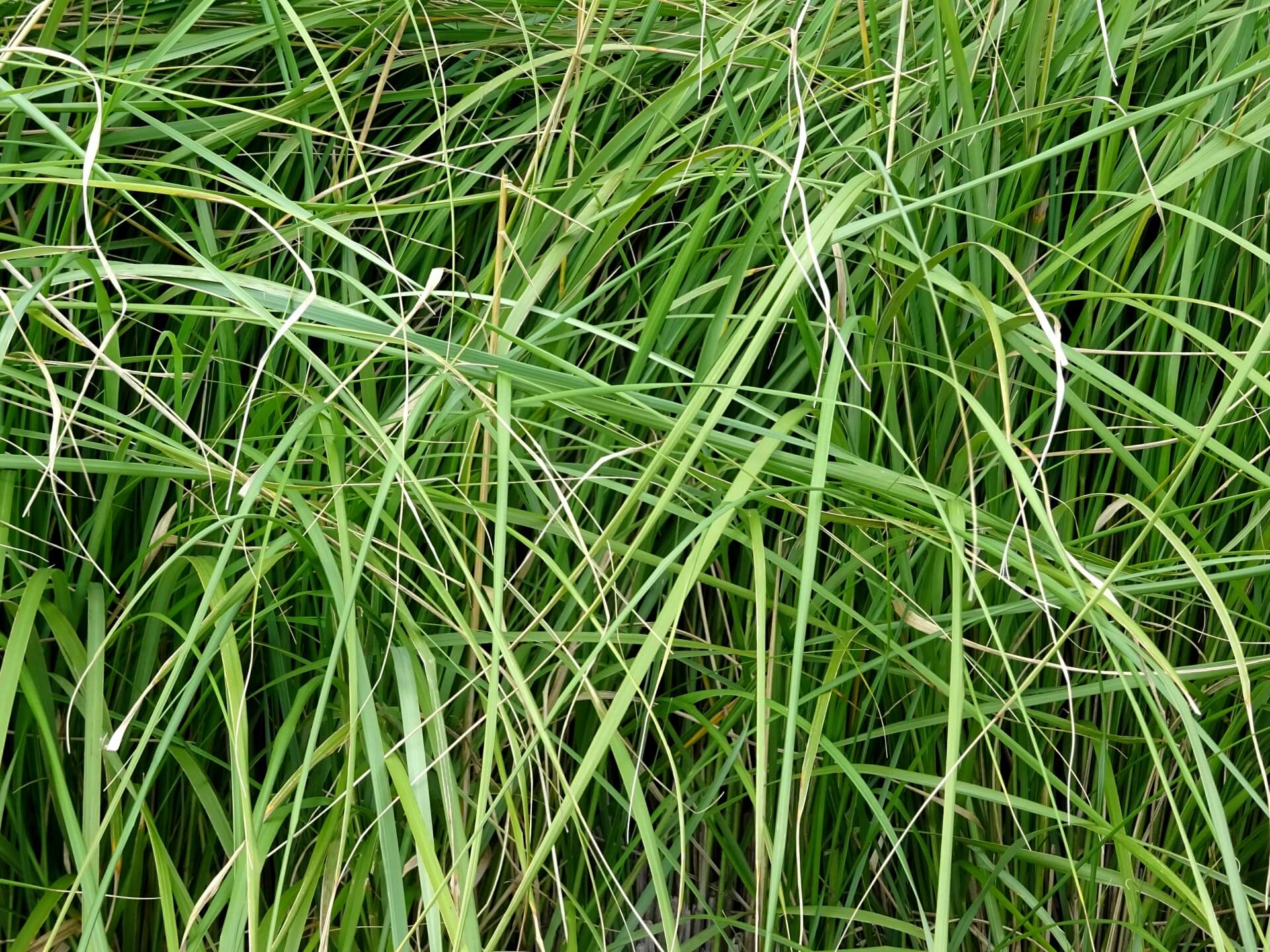
Bahia Grass Allergy – Symptoms and Treatment
While a green yard is something to look forward to in a home, it can also be a threat for some people. Bahia grass is a common type of grass grown across southern homes in America. Patients allergic to grass pollen might experience allergic reactions to this plant, including allergic conjunctivitis, rhinitis, and asthma.
Grass pollen is a pretty common cause of allergy in the United States. This pollen is a fine powder-like substance that’s lightweight and easily spreads. Each year, these plants release pollen to fertilize other plants. It can be challenging to avoid Bahia grass pollen because it’s light and can travel for miles.
In Austin (and the Southern US), grass allergy season is in the Summer and typically runs from April through July.
Common Symptoms of Bahia Grass Allergies
Because it’s lightweight and almost impossible to avoid, Bahia grass is considered an aeroallergen, meaning it is airborne and can trigger an allergic reaction. Here are some common symptoms of Bahia grass allergies:
- Sneezing
- Chest congestion
- Sore throat
- Itchy nose
- Headaches, including sinus pain and dark patches under the eyes
- Wheezing and trouble breathing
- Other aggregated symptoms if you have asthma
Causes of Bahia Grass Allergies
The primary cause of an allergic reaction to Bahia grass is exposure to pollen from this plant. This exposure can be through the eyes, nose (to the lungs), or mouth. If you are sensitive to pollen, you could potentially experience allergic reactions to the pollen from this plant.
This pollen can be inhaled into the lungs causing your immune system to react to this foreign substance. Each year, 50 million people in the USA experience various types of allergies, including Bahia grass allergy.
Additionally, allergies are the sixth leading cause of chronic illness in America. If you suspect an allergic reaction, seek medical attention before the situation worsens.
Asthma has been known to increase the chances of an allergic reaction to pollen from Bahia grass. A study in Australia found that environments with high concentrations of grass pollen were linked with increased hospital visits for asthma patients.
How Common are Grass Allergies?
Grass allergies, including Bahia grass, are more common than you think. According to the Asthma and Allergy Foundation of America, 24 million people were diagnosed with seasonal allergic rhinitis in the United States. Seasonal allergic rhinitis is the allergic reaction to pollen from weeds, trees, grass, and other plants.
Bahia grass allergy is worse during the grass pollination season. Unfortunately, this plant has a very long allergy season. This season typically starts in April and may continue up to late July if conditions are favorable. Remember that Bahia grass grows well in warmer coastal regions in America, including Florida, California, Texas, Hawaii, and some parts of Arizona.
Is There Testing for Grass Allergy?
Yes, there is testing for grass allergies, including Bahia grass. The diagnosis of grass allergy can involve two types of tests: a skin pricking test and/or an IgE blood test. An allergist performs both of these tests.
The skin prick testing involves using grass extracts in liquid form, which are used to ‘prick’ the skin on the arms of the back. The test will take approximately 10 to 15 minutes to allow itchy bumps to occur. The itchy bumps are an indication of grass allergy.
The blood test involves drawing blood from the patient and testing it in a lab to determine which grass the patient is allergic to.
What Foods Should I Avoid with Grass Allergy?
If you have a grass allergy, some fruits and vegetables related to grass could cause symptoms of an allergic reaction, especially when you eat these foods raw. According to the Allergy Asthma Network, here are some foods that you might want to avoid if you are allergic to grass pollen:
- Orange
- White potato
- Celery
- Peach
- Tomato
- Melon
- Figs
- Wheat (especially in children)
Limiting Exposure to Grass Pollen
One of the best ways to prevent an allergic reaction is by limiting exposure to the allergen(s). However, since grass is prevalent around the United States, it is virtually impossible to prevent exposure to grass pollen.
With that said, you can take a few measures to limit exposure and minimize symptoms. They include:
- Change your clothes after showering, especially when you are from outside.
- Ensure grass on your property is cut and maintained at relatively low heights. Mowing your lawn frequently can help you keep pollen to a minimum.
- Make sure to check the pollen count, especially during allergy season.
- Clean your home regularly
- Premedicate before allergen exposure. Consider premedication with an antihistamine or nasal sprays a few hours before exposure to Bahia grass pollen.
Treatment of Bahia Grass Allergy
You should consider allergy medication to help you keep the symptoms at bay. These treatments come in many different forms, such as eye drops, nasal sprays, pills, liquids, and injections. Medication for allergic rhinitis includes antihistamines, decongestants, and nasal sprays.
However good of a relief these medications offer, they are not an effective long-term solution. If you are looking for such treatment, consider the immunotherapy solution. This form of therapy is safe and effective. It involves treating the causes of the allergy by administering small doses of the allergen to increase tolerance and immunity.
The process starts with an allergy test before a customized medication is prepared for the patient. As a patient, you’ll take drops under the tongue daily (sublingual immunotherapy) or get allergy injections weekly or monthly (traditional immunotherapy or cluster immunotherapy) . This therapy can go on for up to three years to allow the body to build lasting immunity and tolerance. But before seeking medication, it would be in your best interests to speak to a specialist.
Final Thoughts
If you suspect you might be experiencing symptoms related to grass allergy, including sneezing, sore throat, chest congestion, itchy nose, headaches, wheezing, and trouble breathing, please contact our staff at Frontier Allergy Asthma and Immunology or book an appointment.
During this visit, you will be assigned an allergy specialist who will review your history and your family history before performing a physical examination. The specialist will also perform an allergy test. If you are diagnosed with Bahia grass allergy, your specialist will advise a treatment plan, including a plan to keep the symptoms at bay.

Written/Reviewed by: Dr. Neha Reshamwala
NPI number: 1780874578
Page last reviewed: 01/25/2023


 All blog posts
All blog posts





